Revisiting the Classics I Never Visited in The First Place by Katie Sluiter
Last summer, Harry Potter celebrated twenty years in publication and many were shocked to find out that I, the “Book Lady”, had never read even one word of the series. What floored people more was that J.K. Rowling’s now legendary series was not the only children’s classic I had skipped over. Series like Nancy Drew and the Hardy Boys seemed old-fashioned even to a tween in the early 1990’s. I had never even read one of Roald Dahl’s books!
I admit that even when I began growing my classroom library four years ago and voraciously reading Young Adult Literature, I still didn’t read the books I knew were incredibly popular, choosing instead to read the newest releases. My focus was always on what I could recommend and book talk to my middle school students since my own children couldn’t read yet.
But over the past couple years, that has changed. I now have a 3rd grader (Eddie) and a Kindergartener (Charlie) living in my house--both who love to be read to at bedtime and are hungry for more than picture books. In a second chance-style twist of fate, Eddie asked me about Harry Potter, so I bought the books secondhand and this past summer, we started reading The Sorcerer's Stone together before I tucked him and his brother in for the night.
Eddie, Charlie, and I are currently reading Harry Potter and the Prisoner of Azkaban, but another set of books I never read as a child has made a comeback in our life as well: C.S. Lewis’s Chronicles of Narnia. I’ve had the books on our shelves forever, but like Harry Potter, had no interest in the fantasy world on Narnia. While my husband is the one reading through this series with the boys, it doesn’t mean I don’t hear about it! Eddie and Charlie love to tell me what is going on, and even encourage me to read the books too, so I can join the discussion.
On our To Read pile are: the rest of the Harry Potter books, the rest of the Chronicles of Narnia, The One and Only Ivan by Katherine Applegate, The Boxcar Children by Gertrude Chandler Warner, Percy Jackson and the Olympians series by Rick Riordan, and Island of the Blue Dolphins by Scott O’Dell.
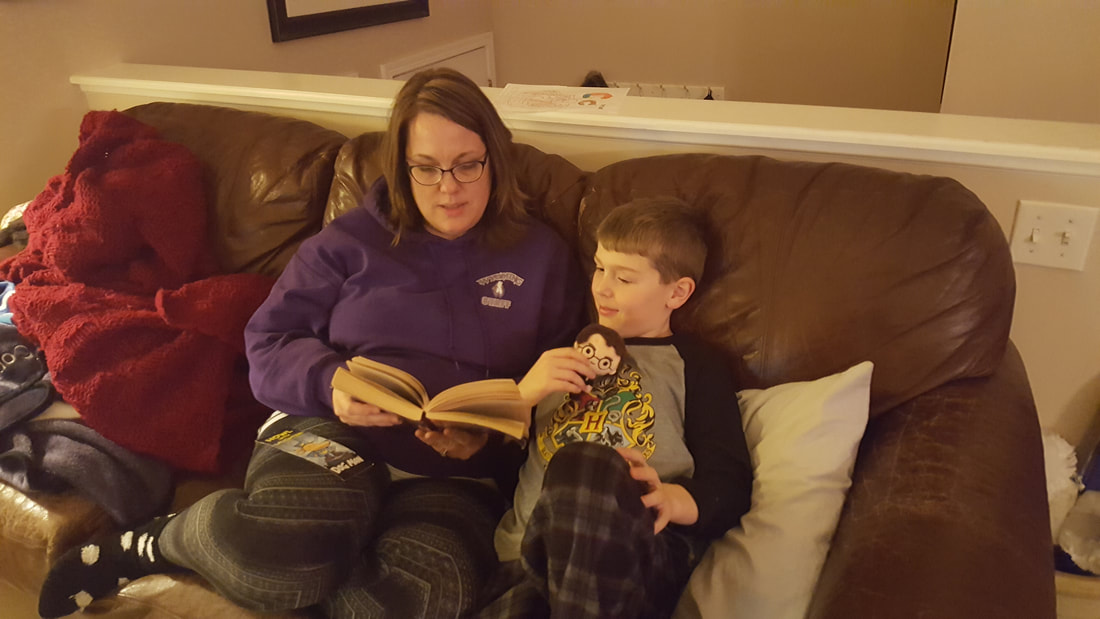
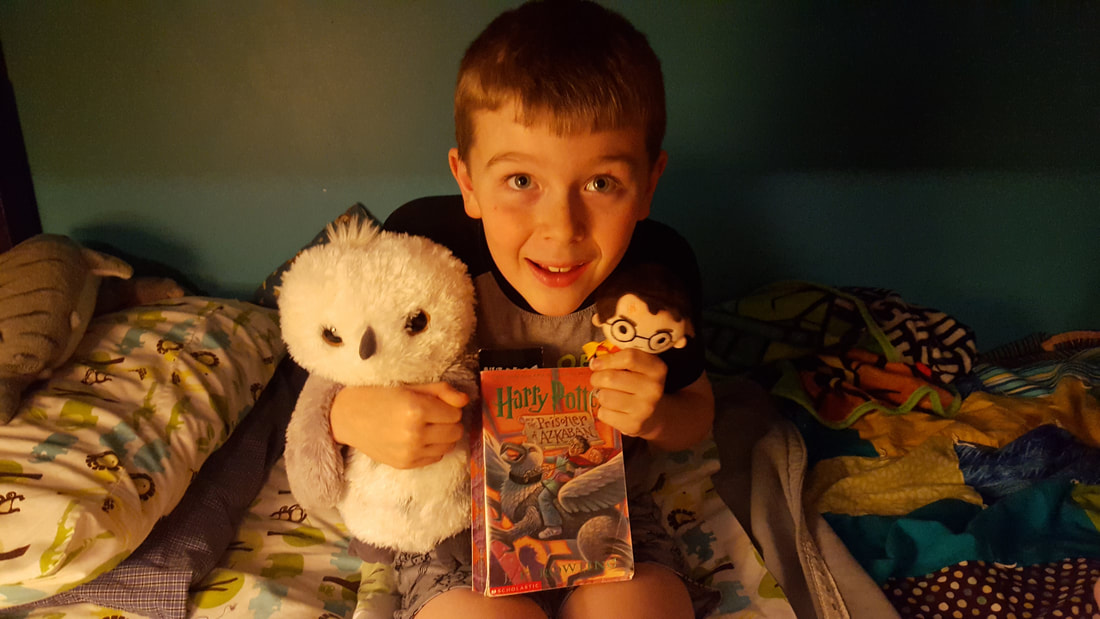
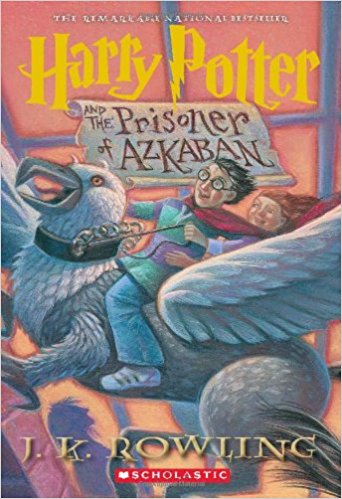
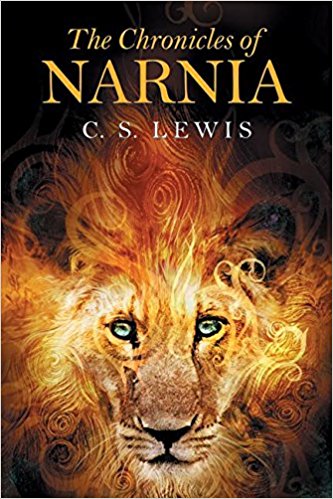
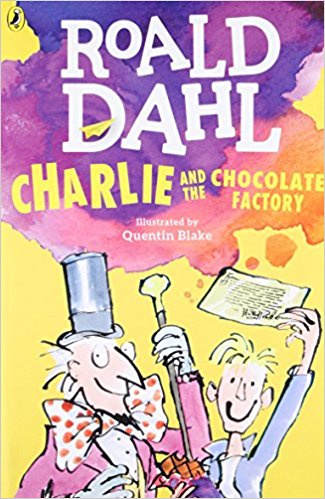
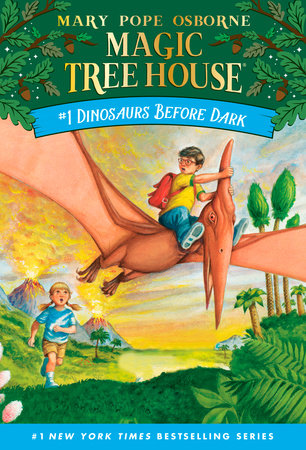
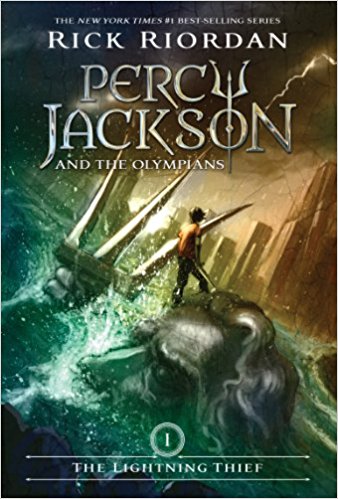
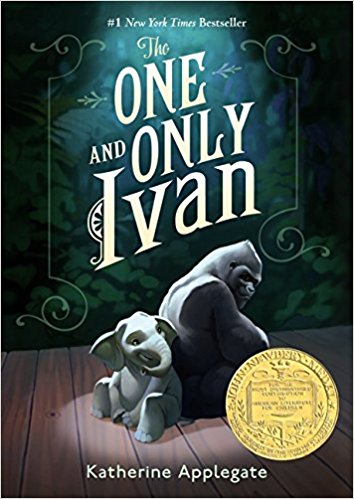
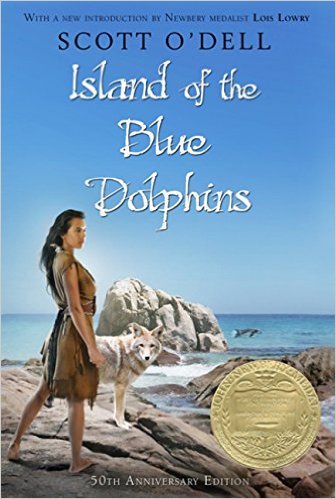
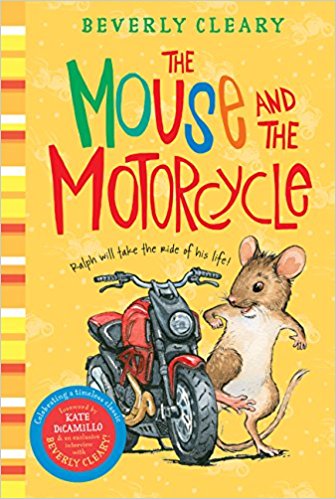
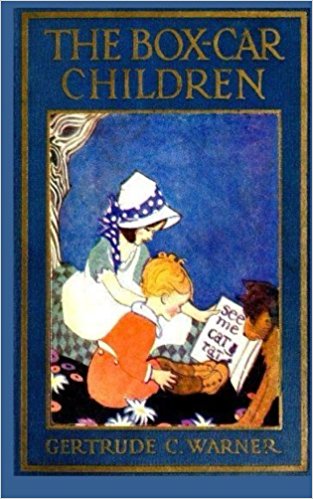

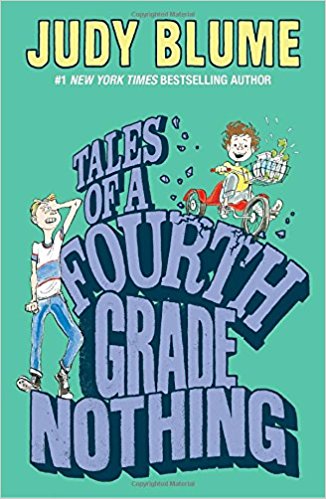
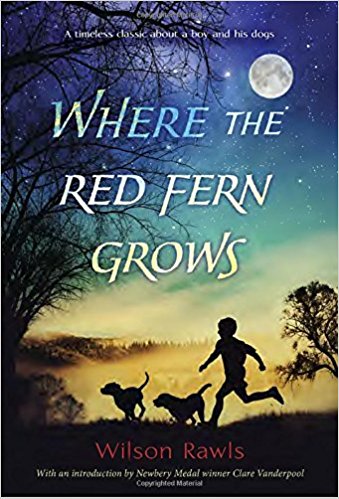
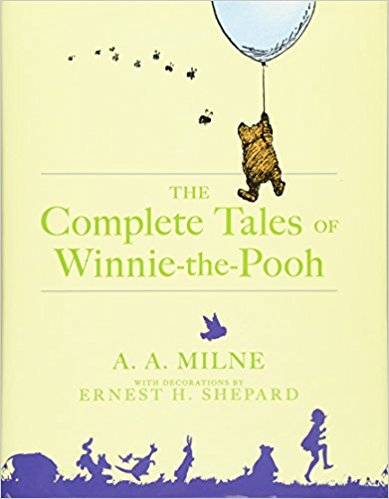
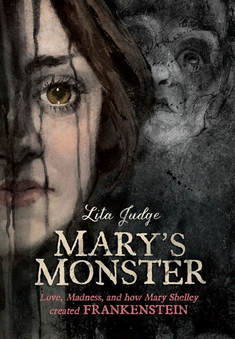
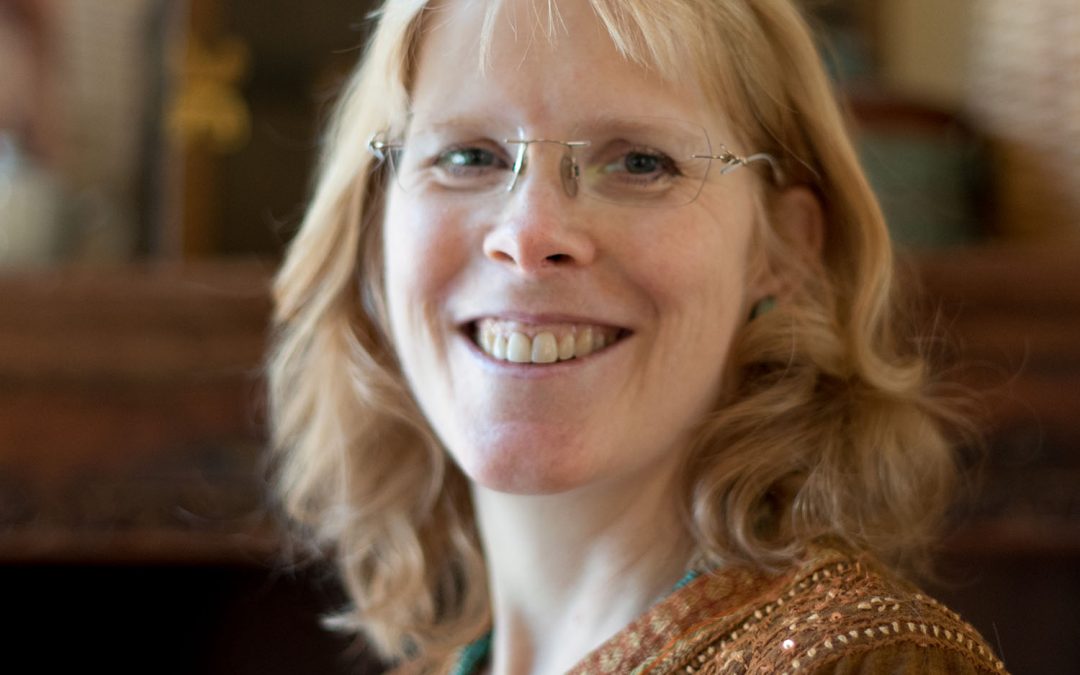
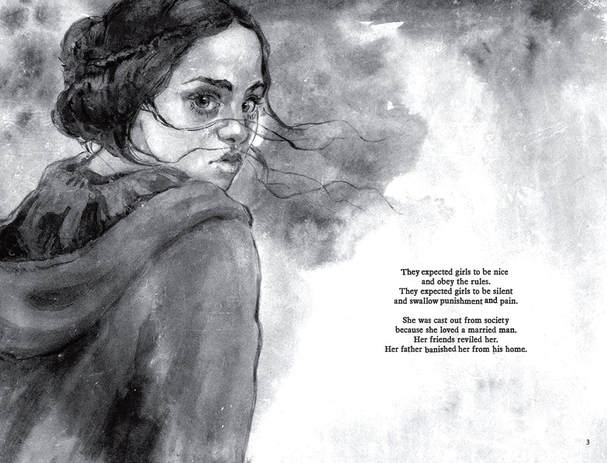
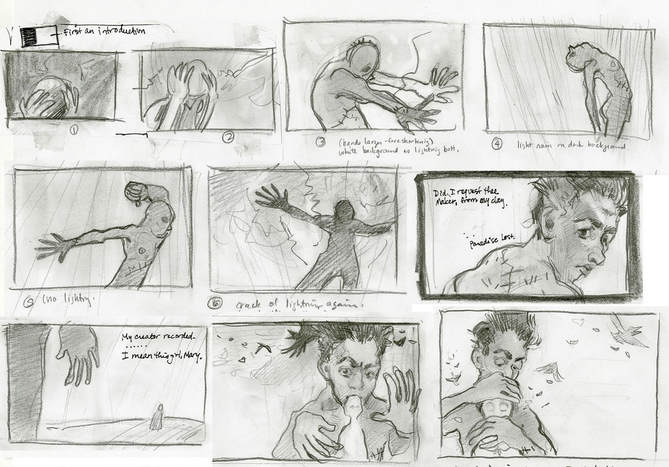

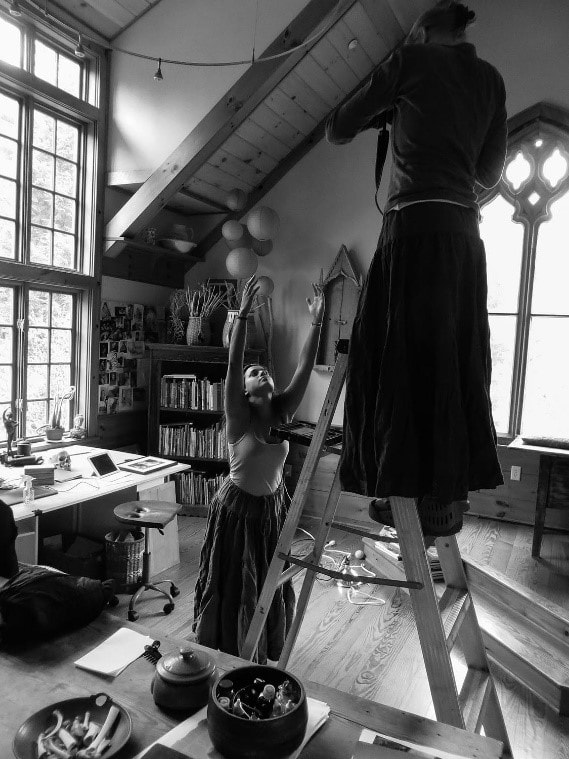

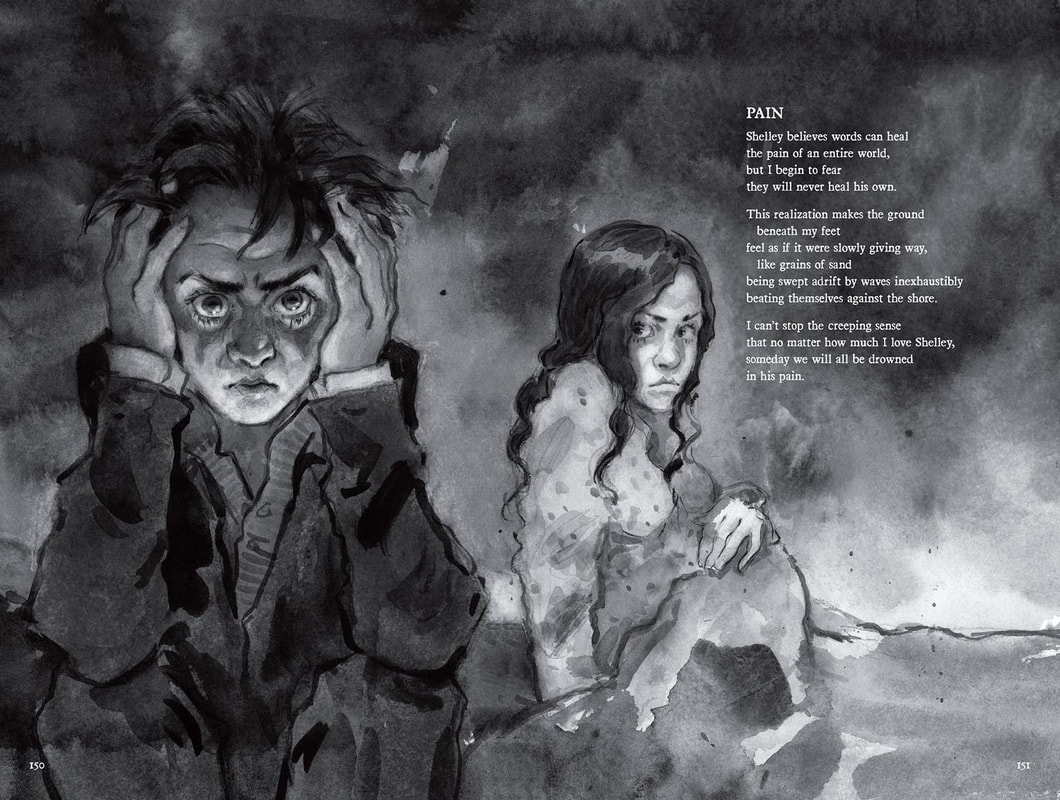
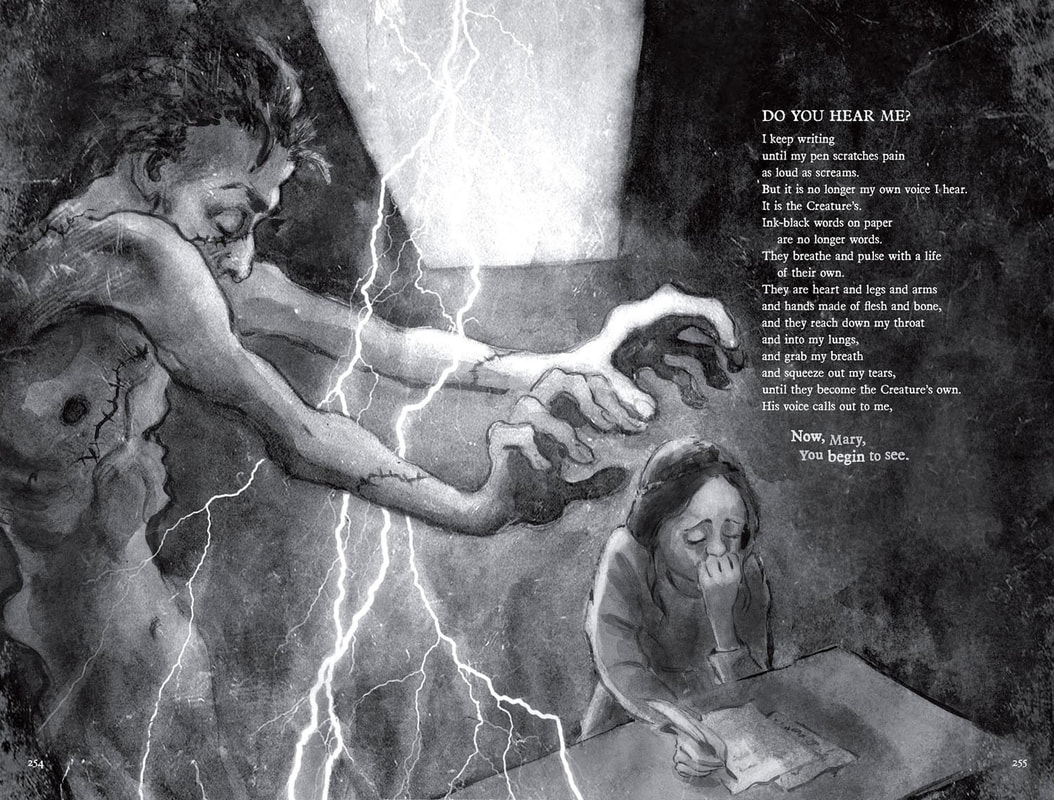
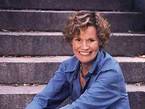
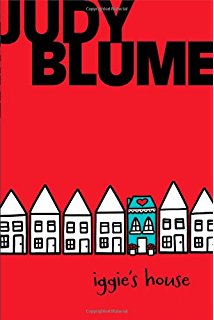
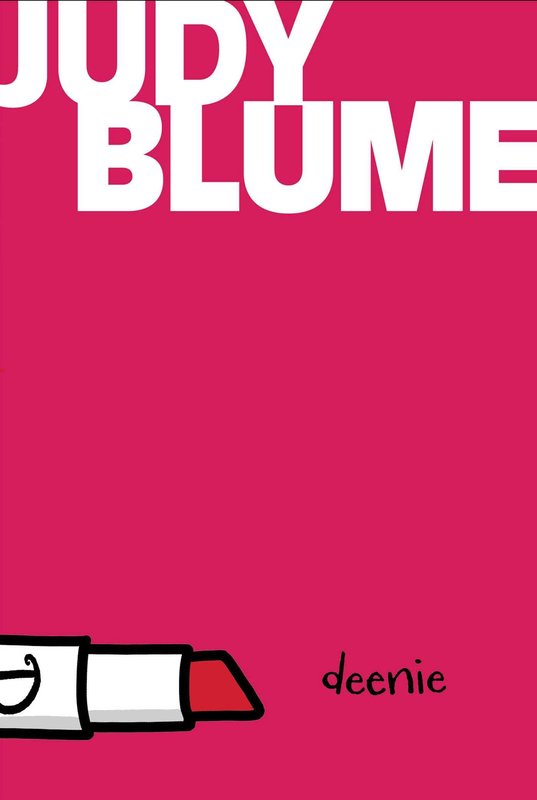
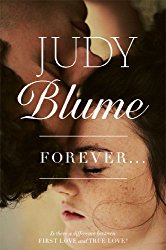
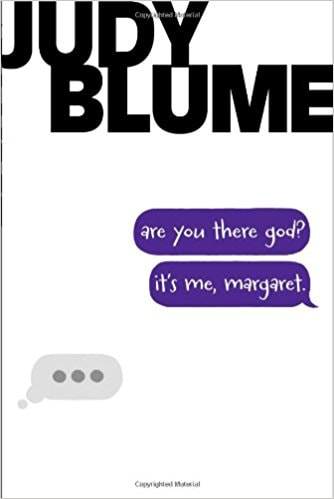
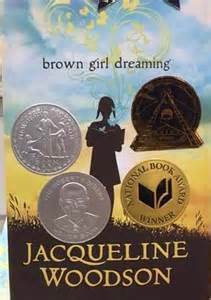
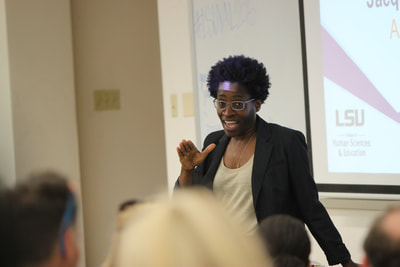
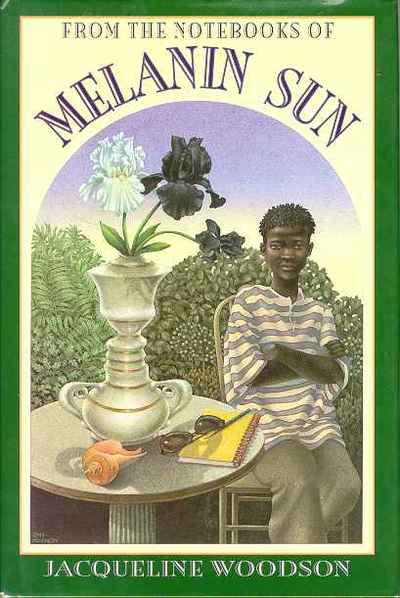
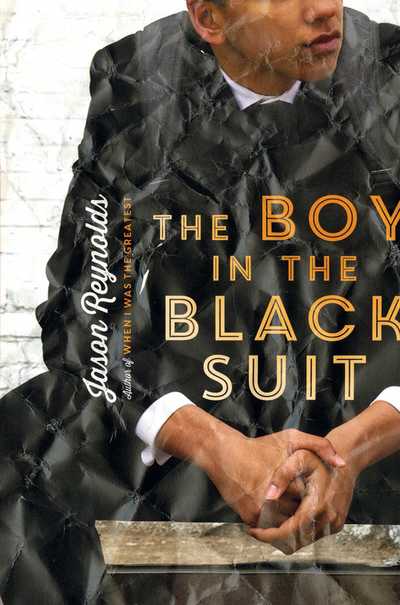

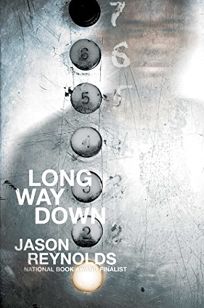
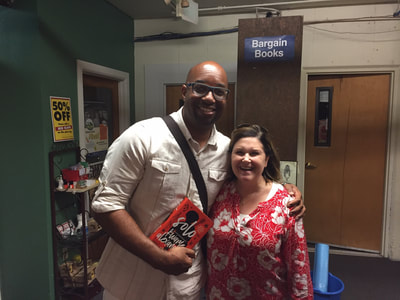
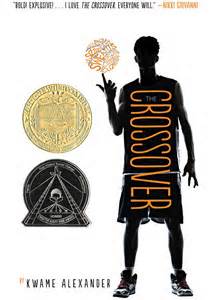
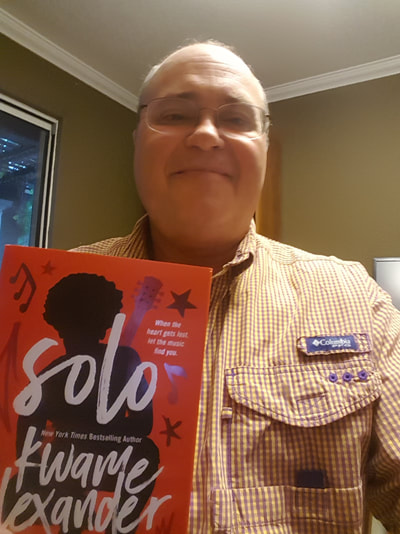
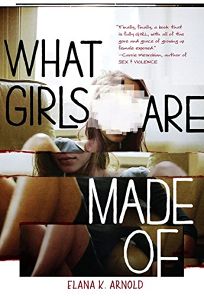
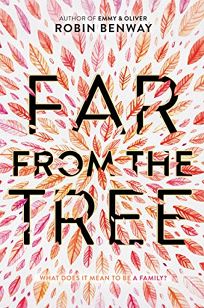
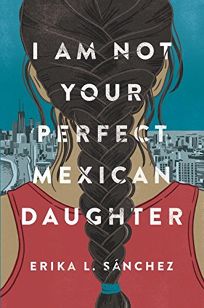
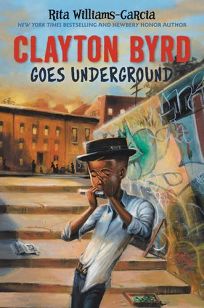
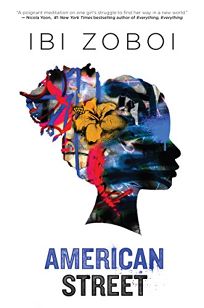
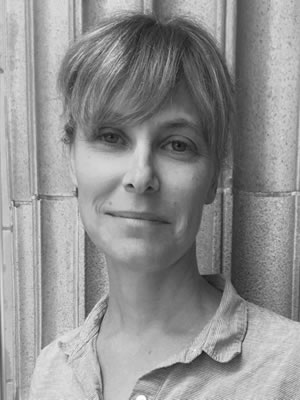
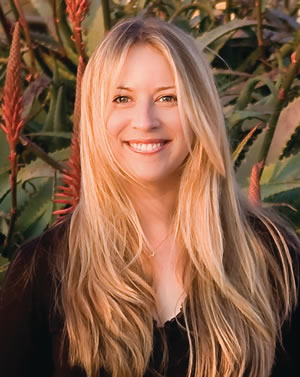
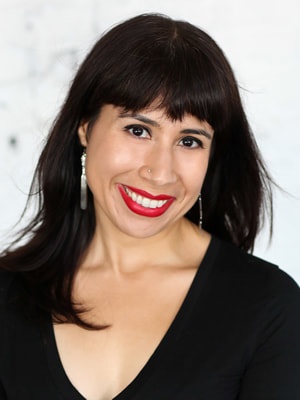
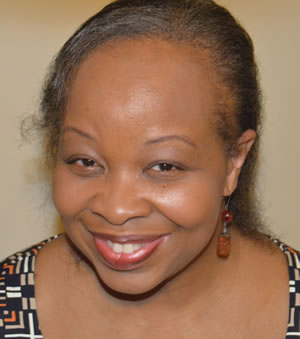
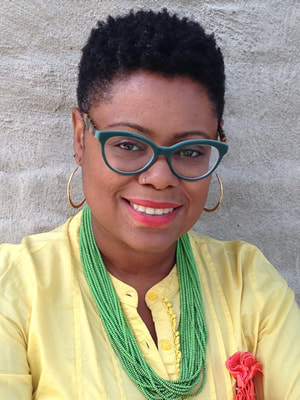
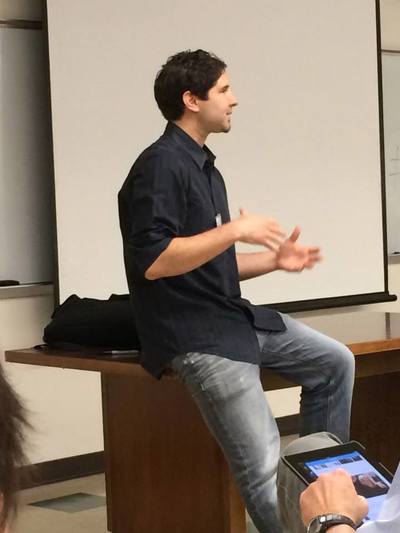
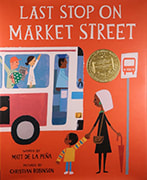

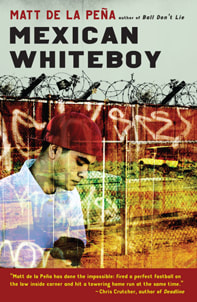
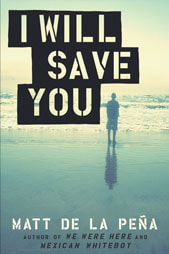
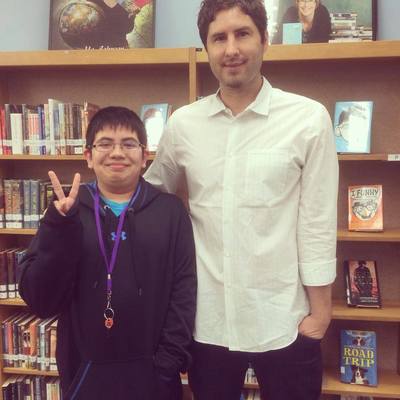

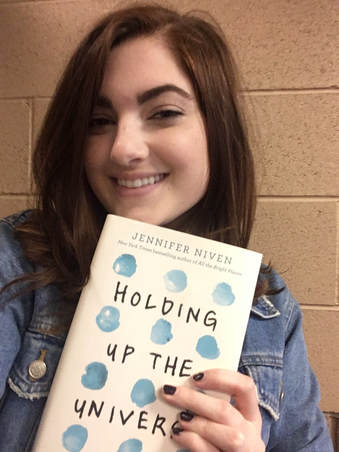
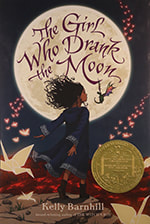
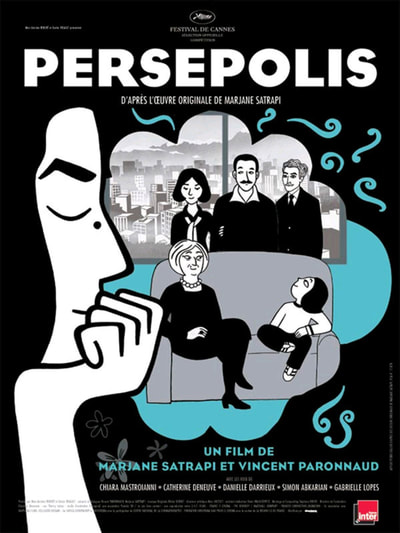
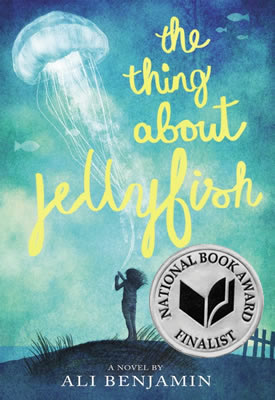
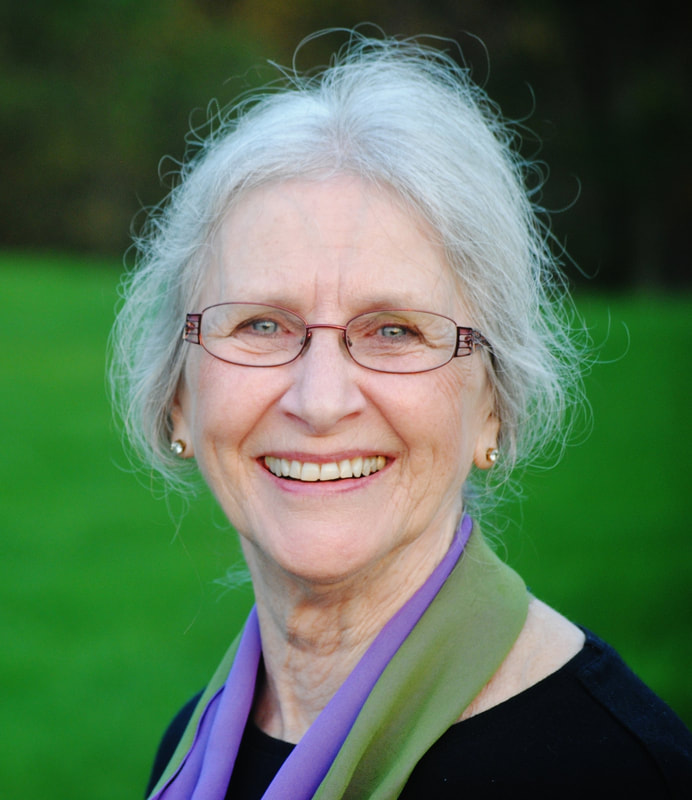
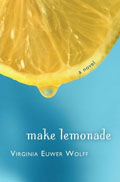
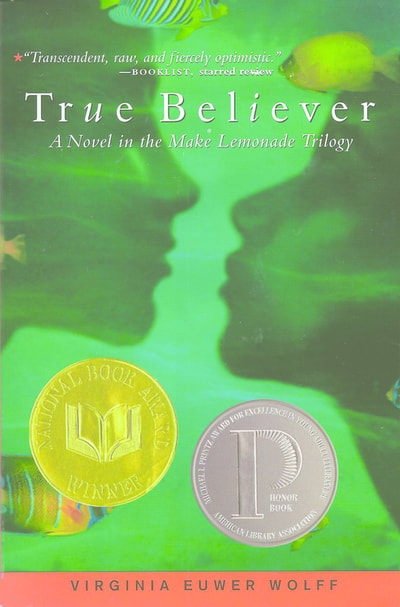
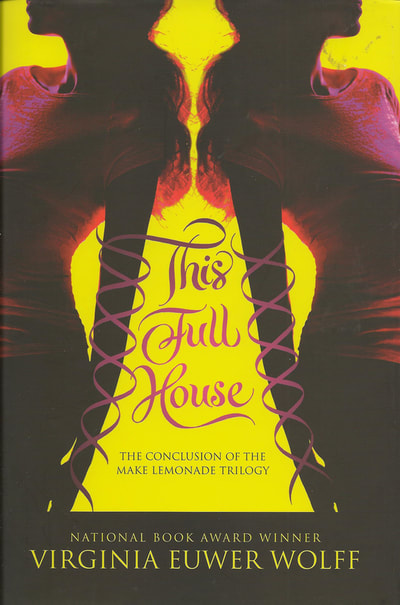
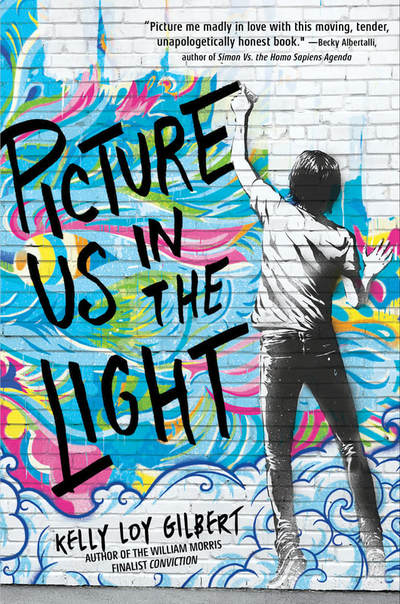
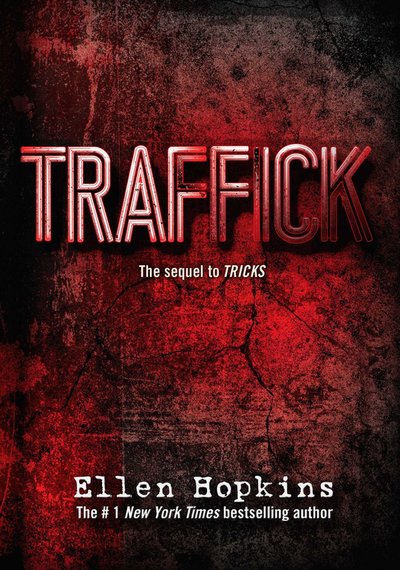
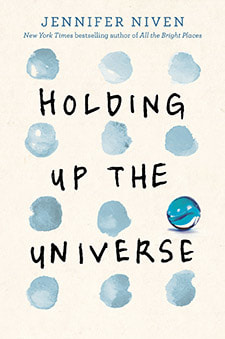

 RSS Feed
RSS Feed